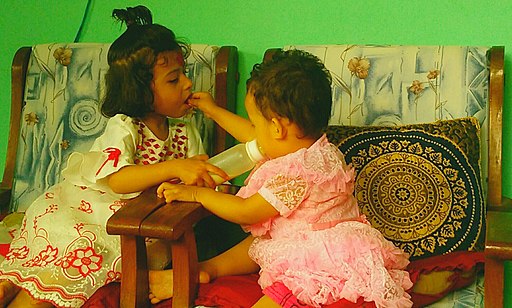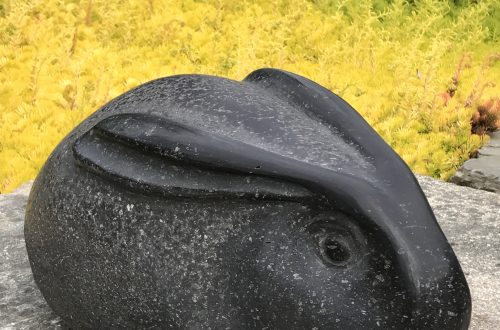Coronavirus Resources for Community Support
This page will have be “live” with real-time updates as I learn of them.
If you have other ones of national or regional interest I should add, please let me know via comments. Thanks.
From AARP and Town Hall Project of MoveOn.org
(an interesting partnership, the new Odd Couple)
Everywhere we look, people are working together—city by city and block by block—to develop teams and resources to meet the needs of our most vulnerable loved ones and face this pandemic together.

These are mutual aid networks. Small groups of neighbors asking for and offering help. Click here to find a mutual aid network near you. This will take you to a map of local groups that’s been compiled by Town Hall Project and AARP (which is not a MoveOn project, but we think it’s an incredible resource many of us will want to plug into).
You might need help right now, or maybe you can deliver groceries, pick up prescriptions, offer translation services, provide tutoring support, or just be virtual company for someone struggling with self-quarantine.
We know there are a million ways (not an exaggeration) that individuals are helping each other and communities are creating mutual support. The map keeps growing, and you can add to it! In the meantime, we’ve pulled together some of the resources we believe may be of use to many MoveOn members and folks in our families and communities.
Resources to find help:
- Have you, or someone you know, experienced a hate crime in the coronavirus response, which has especially targeted Asian communities? Report it at http://act.moveon.org/go/119174?t=14&akid=260366%2E24722118%2EeXKr7Y, a site developed by Asian Americans Advancing Justice.
- Mental health for frontline workers: Low-cost, online services for frontline communities, including health care workers, first responders, and other essential service providers without the option of staying home.
- Multilingual information on coronavirus: Information is available in 79 languages, including Arabic, Chinese, Hindi, Spanish, American Sign Language, and more.
- Health care workers needing masks: Use MaskMatch.com to request that folks with spare N95 or surgical masks send them to you.
- Resources for domestic violence survivors and people experiencing homelessness: National hotlines and community tips for especially vulnerable communities, with resources for both at-risk individuals and the organizations that provide direct services to these communities. People experiencing homelessness should also refer to this website to find a shelter and other resources.
- Undocumented and seeking health care: A guide to the health care options of undocumented community members. The National Immigration Law Center also created their guide on the rights of undocumented persons seeking health care and navigating private insurance and Medicaid.
- Artists and members of the gig economy: Find resources, including emergency funding and community care opportunities, on this website.
- General anxiety support: Get smart tips on managing the financial, emotional, and mental anxiety of this pandemic.
- Tipped and service industry workers: Ask for financial support from a mutual aid fund set up by One Fair Wage.
Resources to offer help:
- Send equipment to health care workers: Use MaskMatch.com to send spare N95 masks and surgical masks to individual health care workers, or use GetUsPPE.org to see what health care centers in your community need and how to donate.
- Guide on taking care of disabled and immuno-compromised friends: Notes on equitable care from a chronically ill human in the Seattle area.
- Learn to disrupt racism: This is a skill we all need to have all the time, and developing it now will help address the rising rate of hate crimes against Asian communities we’re seeing in response to the coronavirus.
- How to make masks, hand sanitizer: Several clear, step-by-step, practical guides.
- Donate to relief funds: Millions have been hit with joblessness, with vulnerable communities often receiving the hardest hit or being excluded from stimulus efforts. There are countless ways to contribute—like the linked fund to provide rent relief to undocumented communities in Seattle, this Twitter thread of queer/trans artists in the gig economy, or the One Fair Wage relief fund for tipped and service industry workers, a fund to which MoveOn members have already donated more than $100,000.
- Consider creating your own mutual aid network: Here’s a great guide to getting started, with more resources linked, and join the Mutual Aid slack network for more resources and community.
Have a COVID-19 question? Ask a scientist. The Federation of American Scientists has an online portal of frequently asked questions and an opportunity to submit your questions to scientists for an answer. We’ve all seen bad information on coronavirus floating around on the internet. When in doubt, don’t reference a meme. Ask a scientist!
Neither distance nor disease will keep us from taking care of one another and building a better future for all of us.




